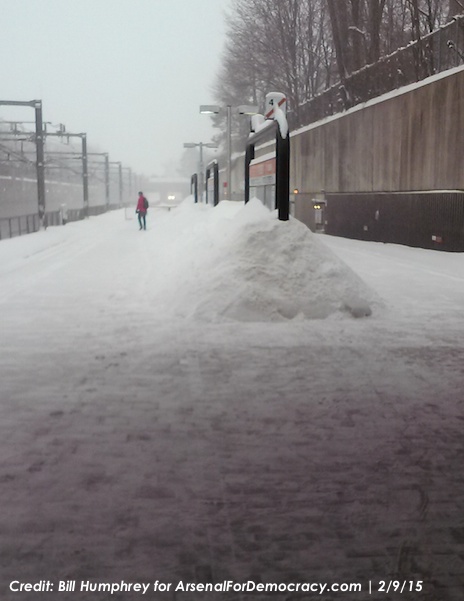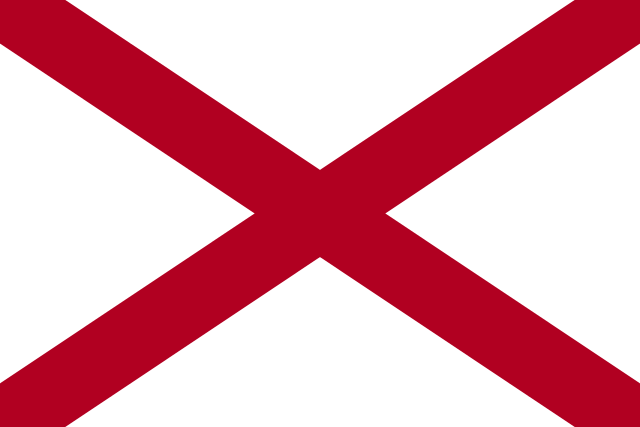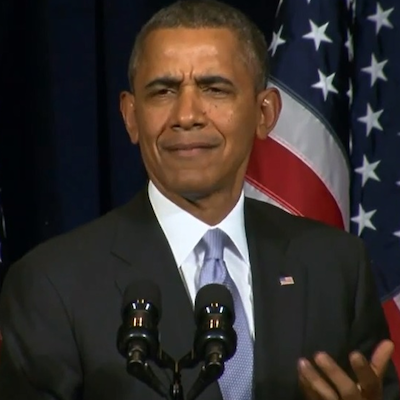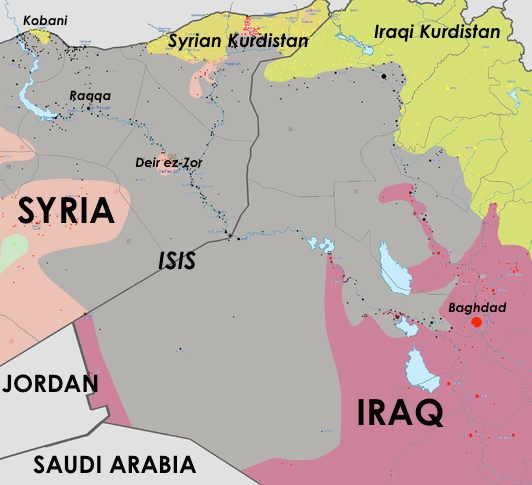Four parties and some independents have formed a grand coalition government in Tunisia after months of struggling to assemble a coalition that had a majority but did not include the second-place Ennahda (the main Islamic democrats party), which led much of the transition after the Arab Spring.
Eventually, first place Nidaa Tounes (the secular Bourguibist party), which leads the new cabinet and holds the presidency, recognized that the math wasn’t there to leave out Ennahda and invited them to join, along with two other secular parties, Free Patriotic Union and Afek Tounes. After the October 2014 elections, Nidaa Tounes controls about 40% of the seats in the unicameral Assembly of the Representatives of the People, while Ennahda controls about 32%. Between them, they hold over 70% of the seats and about 85% of the seats with the addition of the 3rd and 5th largest parties.
This has left the new coalition on the receiving end of charges that it has restored One-Party Rule (like what the country experienced for much of its post-independence period), but that ignores the reality that other parties captured very little of the vote but won enough seats to make a smaller coalition very difficult. 12 parties won more than 1% of the vote, and 14 parties plus independents hold seats. The bulk of votes and seats went to Nidaa Tounes and Ennahda. The margin between 2nd (Ennahda) and 3rd place (Free Patriotic Union) is a whopping 53 seats.
Last month, Nidaa Tounes had proposed a coalition with the 3rd largest party (probably its closest ideological match) but that fell 5 seats short of a majority, and neither 2nd place Ennahda nor the 4th place marxist-leninist-secularists of the Popular Front supported a minority government arrangement. (The Popular Front were not invited to participate in this government either and have announced their displeasure with the new coalition too. 5th place Afek Tounes joined instead.)
Bringing four of the five biggest parties on board (including Ennahda), while presenting a rather overwhelming unity force, guarantees that the coalition could survive even if one of them drops out later. Moreover, it at least gives a say in governance to a collective 70%+ of voters, without giving disproportionate power to parties that won just 1-2% of the vote each last October. After all, even a 3-party coalition of Nidaa Tounes, Free Patriotic Union, and Popular Front (or Afek Tounes) — but without Ennahda — would have only had the support of only about 45% of all voters, even if it held a majority of seats in the assembly. That’s a good way to delegitimize democracy at the start. In contrast, this four-party coalition will be providing majority rule as well as representing various political factions and minorities.
On balance, this grand coalition is excellent news, in my opinion. This is the path forward for the next few years in the first term of elective democracy under the new, post-Arab Spring Constitution. Everyone is on the hook for failures and bad decisions as part of the coalition, so it removes some incentives to be obstructionist or to root for failure. It also encourages party supporters not to fight each other outside a political context.
Major, controversial ministries like Interior, Defense, and Justice have been given to independents, which might also help defuse tensions and reduce the risk of those offices being turned into political weapons. Less controversial key ministries have been divided between Nidaa Tounes and Ennahda, with the winning secularists representing the high-profile public face of Tunisia (via the Foreign Ministry and Finance Ministry for example), while the lower-profile but important work at the Employment Ministry goes to the Islamists, along with various junior ministries. Giving the Islamists the Employment Ministry seems an ideal choice, as that’s a major focus/concern of the party and has been a big factor in their popularity. The coalition’s other big challenge will be combating the appeal of terrorist recruiters in Tunisia.
Prime Minister Habib Essid spoke to members of the Assembly after the coalition proposal was overwhelmingly adopted and said “The motto of this government will be work, then work… and nothing other than work.”
Time to get to it, then.









